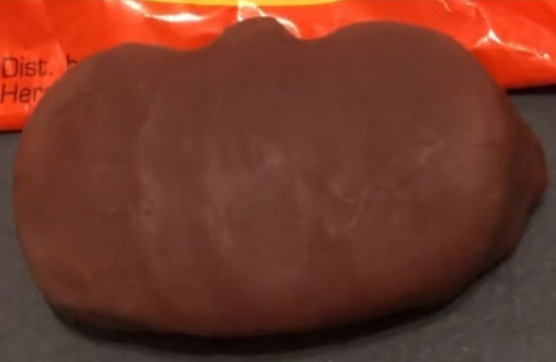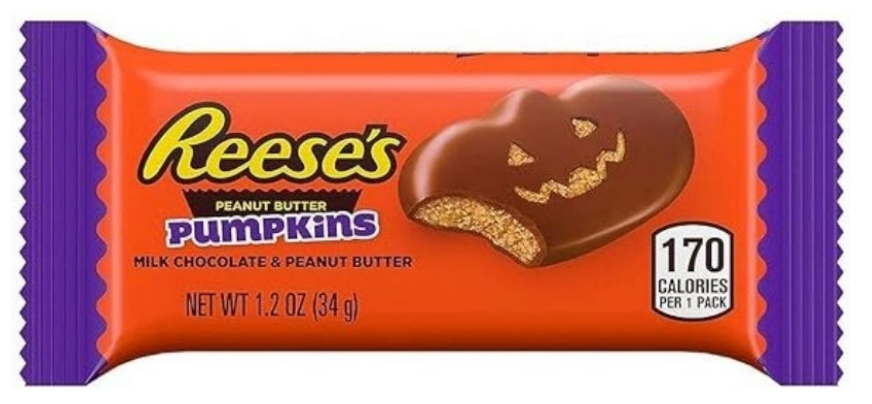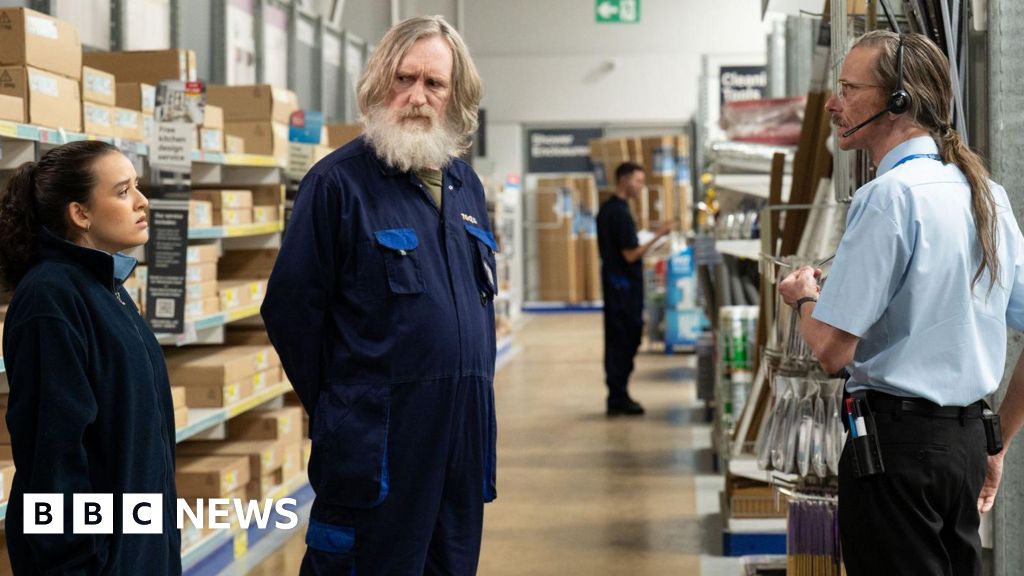Chocolate-maker Hershey got an early Halloween treat after a judge dismissed a lawsuit that claimed its holiday candy was not as spooky or intricate as it appeared on the wrapper.
In a class action suit, seen by The Independent, several customers described how they had bought chocolate products “they thought included cool, carved designs” but had been disappointed when the products did not include those designs.
The candies were “therefore, in their view… not so cool,” the lawsuit states.
Though arriving just in time for spooky season to begin, the class action suit was originally filed in 2024, with the four plaintiffs claiming that Hershey had “misled” them and they had been tricked with deceptive advertising.

Among the products mentioned were several Hershey Halloween-themed candies including Reese’s Peanut Butter Pumpkins and its Reese’s White Ghost. It also mentioned other holiday-themed candy including Reese’s Peanut Butter Shapes Assortment Snowmen Stockings Bells.
But in her Friday ruling, U.S. District Judge Melissa Damian said that the plaintiffs had failed to show that a lack of such details on the peanut butter candies had caused them “concrete” economic harm.
“Plaintiffs’ conclusory allegations as to why they have allegedly been deprived of the benefit of their bargain all boil down to their subjective, personal expectations of how the products would or should have looked when unpackaged,” Damian wrote.
They also failed to prove that the sweets were “defective, did not work as advertised, or otherwise were so flawed as to render them worthless,” the judge added.

In a reply to the initial complaint, Hershey also argued that the customers had “received the benefit of their bargain – edible candy.”
“Their selective focus on the carved images while ignoring the disclaimers and uncarved images on the same packaging was unreasonable,” the company wrote.
Judge Damian dismissed the original complaint, though Anthony Russo, an attorney for the consumers who brought the suit against the chocolate-maker, said that they intend to amend it.
“We believe that companies should not be awarded with sales when they falsely represent the main characteristic of the product and only have to pay damages if it can be shown that the consumers paid a premium,” Russo told CBS.



